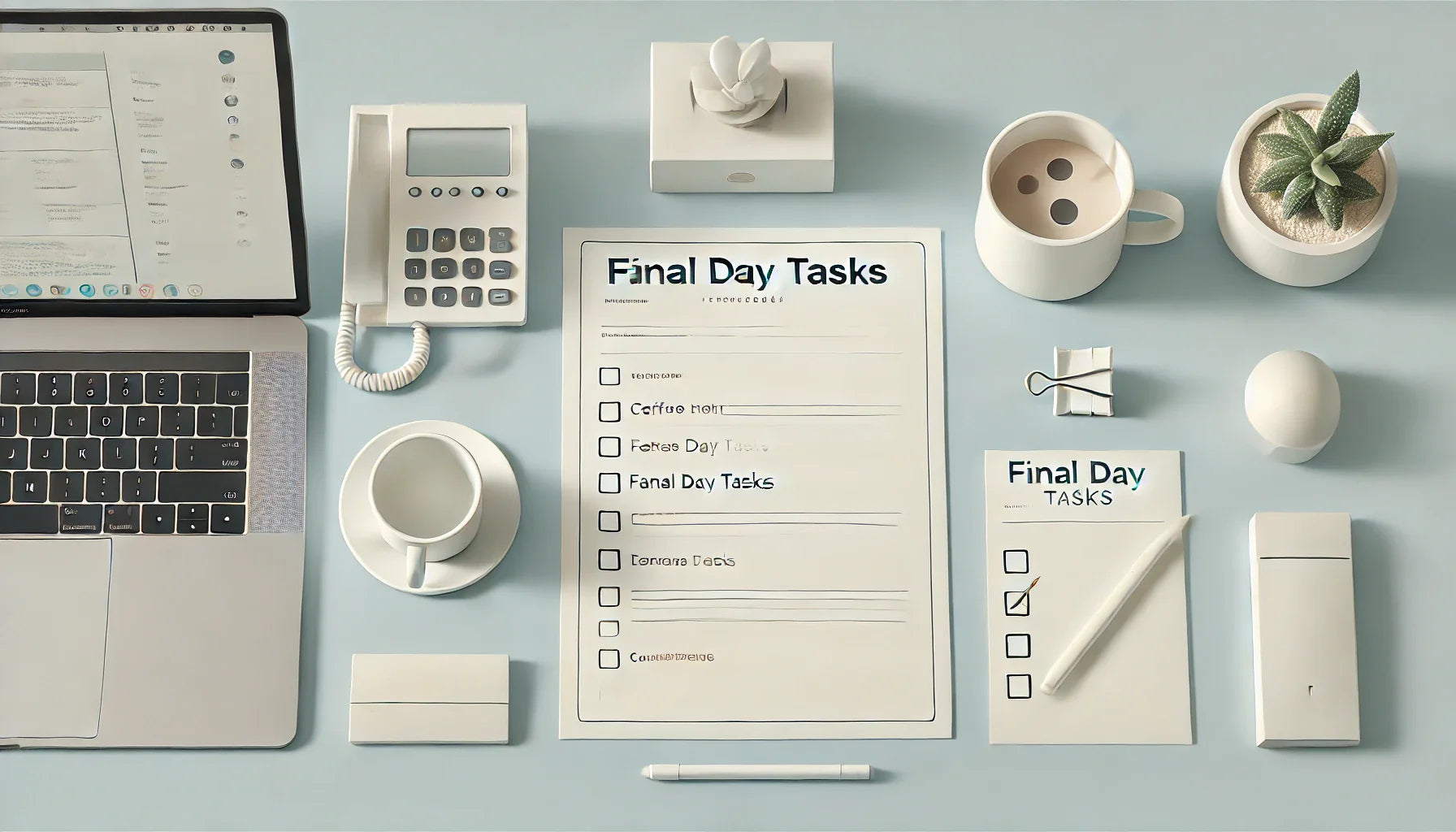A question I get a lot, especially from small business owners and solo entrepreneurs, is “Do I NEED to get a patent for my invention?”
This comes from a place inside every money-conscious entrepreneur saying, “Will the COST of a patent yield any return?”. But if you think of your business’s intellectual property like real estate, the answer becomes a no-brainer. Indeed, your intellectual property is like a piece of raw land. You can develop it how you want, like put a house on the property, or dig for minerals, or build an amusement park. But unless you’re going to put a “fence” around your property, charge admission, and pursue legal action against trespassers, the profit you derive from your property will be significantly diminished. Like a piece of raw land, the concept underlying your invention is a piece of property. It needs a fence around it so you can realize its greatest value. You can invent something without getting a patent (and I’m not going to argue that your invention is worthless without a patent, because it isn’t), but without a patent you risk leaving money on the table. Essentially, a patent is a tool that allows you to prevent anyone else from making, selling, or using your patented invention. Like your invention, a patent has intrinsic value that can be realized when it is properly leveraged. In general, a patent’s value manifests in four ways: 1) Keeping competition away; 2) Attracting investment; 3) Licensing and cross-licensing; and 4) Adding value at acquisition. Keeping competition away from your product.
To continue with the land analogy, a patent essentially represents a fence encircling the land you own. The fence/patent lets people know that you own this property, and if they trespass, they will be subject to legal action. Here is the crux of this element of patent ownership: its value is tied to your willingness to enforce the patent. Fair warning, though: patent litigation is EXPENSIVE. You need to be prepared to shell out big bucks to enforce your patent and weigh the cost of enforcement against the financial benefit you will receive. But the flip side of this is that defending against a patent infringement suit is also very expensive, and this may incentivize an infringer to settle with you. Thus, often times a cease-and-desist letter, like a no-trespassing sign on the fence around your land, can be an inexpensive way to start negotiating a license for your patent (more on that later!). Attracting investment
In some ways, a patent is like a deed to a piece of land. If you’re building an amusement park, investors want to know you have rights to the land and may want the deed as collateral if the business venture is unsuccessful. Similarly, if you’re developing a new technology or product, investors want to know you have the exclusive rights to make, sell, and use that technology or product, and will want tangible collateral for their investment. A patent may stand as a sort proof-of-concept for investors trying to evaluate whether your business has potential for success. Even with a proof-of-concept, savvy investors want to protect their investment. A patent is legally tangible collateral that may still hold value even if the business venture is, for whatever reason, unsuccessful. Licensing and cross-licensing
Licensing opens a gate in the fence around your invention that allows you to collect royalties for giving other market players access your invention. Another market player may want to incorporate your invention into their product line. If you have a good patent and they can’t design around it, they may pay you for permission to use your invention. Additionally, if your competitor has patents (which they probably do), having your own patents may give you leverage to say, “You can have free admission to my property if I can have free admission to yours.” In an economy that is seeing a surge of synergies among small businesses and startups, having patents can put you in the best position to negotiate cooperation. Adding value at acquisition
Just like a piece of real estate on which a business is built has value that adds to the overall value of the business, patents hold value that contribute to the overall purchase price of a business when the business is sold. This value can be realized in the sale of equity in the business or as an individualized asset sold off as part of a liquidation. But without a patent, you won’t be able to realize any of this value for your business. So put a fence around your property, and watch the value materialize as you grow your business. A final thing to keep in mind: don’t wait too long to decide whether to get a patent. Decision paralysis can cost your ability to get a patent for your invention. You have a year from the time your invention goes public, or from when you offer it for sale, to file your patent application.
|
 About the Firm... About the Firm... Miller IP Law is a firm that focuses on small businesses, startups, and entrepreneurs/solopreneurs. We’re easy to use. We offer affordable pricing that’s transparent and flat-rate. We focus on the little guys who actually need our help. If you’d like an attorney on your team, simply schedule a Zoom call, and we’ll take care of the rest. Top Blog Articles1. Cheapest Way To Get A Patent 2. How Long Does It Take To Get A Trademark?  Want to chat more about this topic, or got a burning question? Take advantage of instant chat and send us a direct message

Find Us On LinkedIn |
About Our Firm…
Miller IP Law is a group of attorney's, based out of Mountain Green, Utah, who are excited to help you build your business and further innovate market places and economies. Please consider looking at our services, billed at flat rate, and be sure to grab a free strategy session to meet with us!
Get weekly stories and information about protecting intellectual property with our e-mail Newsletter today!
Need To Get In Touch With Us?➡Schedule A Free Strategy Session Today… |
|
Flat Fee Pricing
Straightforward for Patents and Trademarks
|
Patent Application |
Trademark Application |
Copyright Application |















